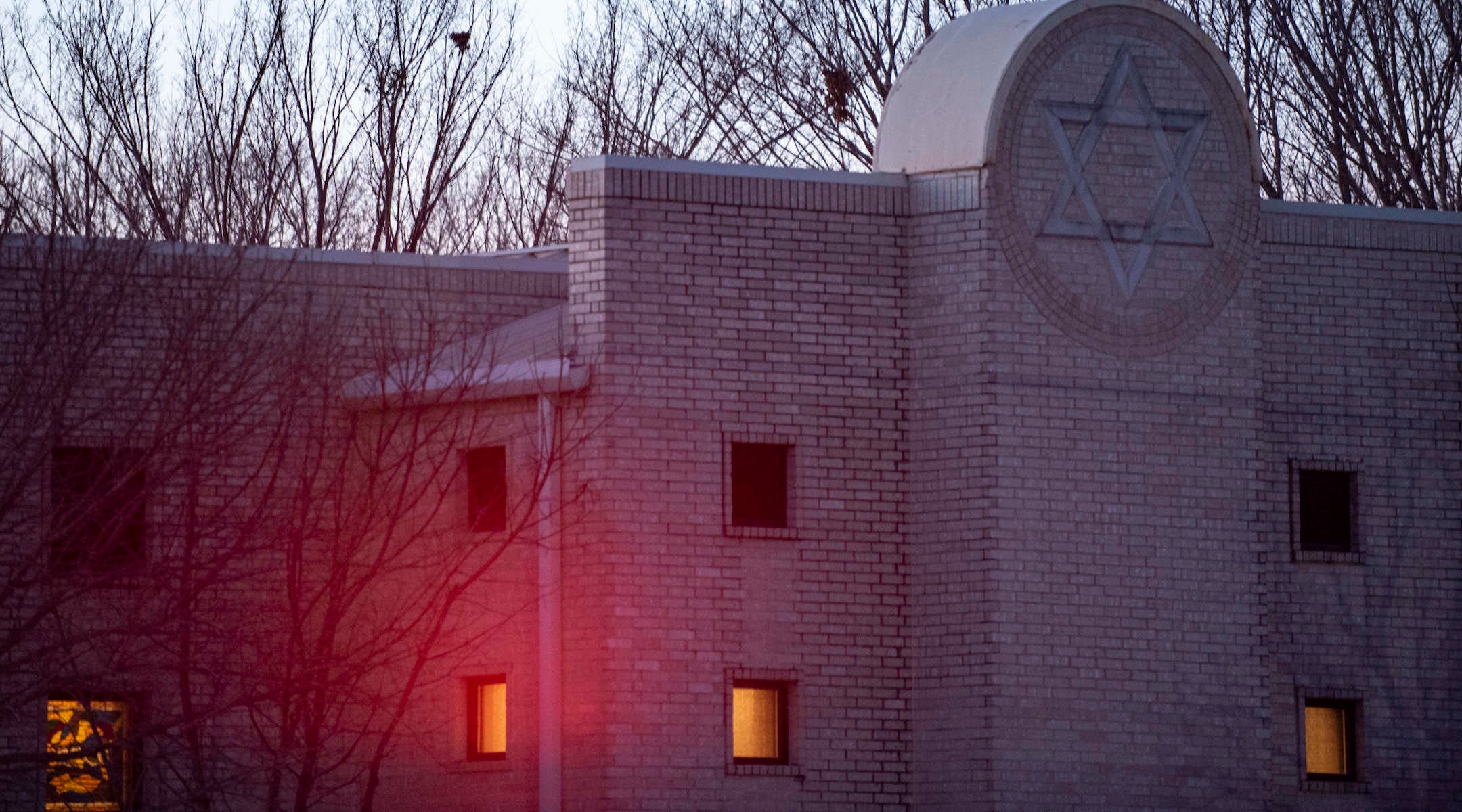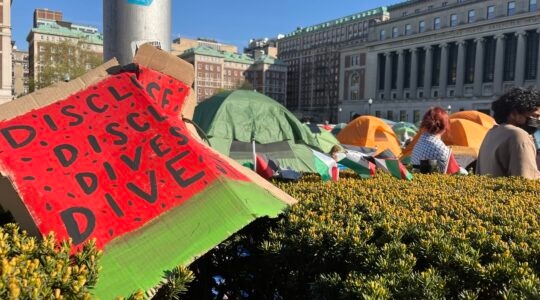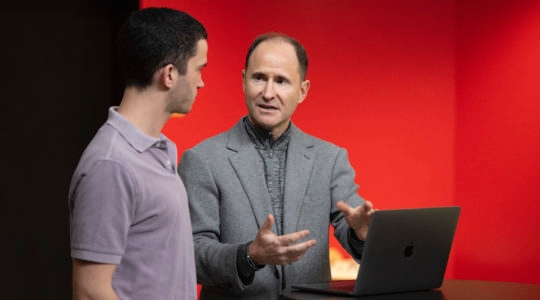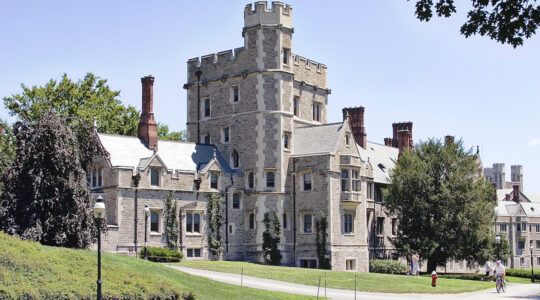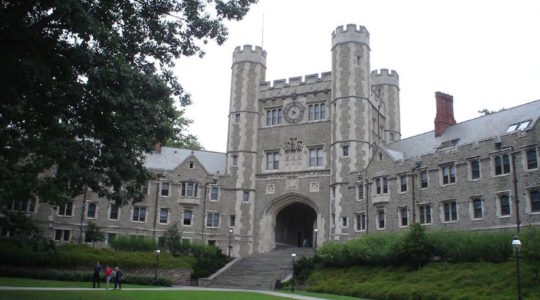WASHINGTON (JTA) — Top United States security officials told Jewish Americans on a pre-Shabbat call that the attack last Saturday in Colleyville, Texas, was a “terrorist attack on the Jewish community” and that authorities are continuing to investigate how the British Islamist who held a rabbi and three congregants hostage got into the country.
The webinar Friday at noon, organized by the White House, drew at least 5,000 viewers, Chanan Weissman, the White House Jewish liaison, said at its outset. It was designed in part to reassure Jews that they could attend services this Shabbat. Among those speaking was the Temple Beth Israel rabbi held hostage during the 11-hour crisis, Charlie Cytron-Walker.
It also was clearly aimed at rolling back the impression conveyed in the immediate aftermath of the attack by an FBI official that authorities were not treating this as an antisemitic attack.
“While there is still a lot of unknown details, we are committed to thoroughly investigating Saturday’s attack,” said Jill Sanborn, the executive assistant director of the national security branch of the FBI. “Let me be clear: The FBI is and has been treating Saturday’s events as an act of terrorism targeting the Jewish community.”
Sanborn said the FBI was looking through phone and other electronic media to track why the hostage-taker specifically chose the synagogue. “This was not a random occurrence,” she said. “It was intentional and it was symbolic. And we are not going to tolerate this antisemitism.”
Liz Sherwood-Randall, the assistant to President Joe Biden for homeland security, said the investigation was continuing and would seek answers to how the attacker, a British Muslim, entered the country even though he had been subject to scrutiny by British authorities.
“Here on the national security team, we continue to pursue what happened,” she said. “How did this hostage-taker get into the United States? What are his connections to others, and especially anyone else who might still pose a threat that includes working closely with our British allies with whom we have a long history of extensive counterterrorism cooperation.”
Sherwood-Randall said the attack should not inhibit Shabbat worship. “I have to acknowledge that whatever we’re doing, people are experiencing anxiety and fear and especially as you approach Shabbat again, and go into the synagogue,” she said.
“We know we will not allow them, these terrorists, to change our ways of life. We know that we will continue to exercise those freedoms. And you can be reassured that we’ll continue to do everything we can to enable Americans to practice their faith safely, to be able to be with their congregations in peace, and to prevent those who wish to do us harm from being able to do so.”
Weissman said he would attend synagogue this weekend. “And you know where I’m going to be this weekend. I’m going to be in shul,” he said. “I’m going to continue to live my life fully as a Jewish American and as an American Jew.”
Sanborn said preparing for such attacks was critical, noting that Cytron-Walker had credited security training from local police, the Anti-Defamation League, the FBI and Secure Community Network, which consults with Jewish groups, for getting him through the crisis.
“Prepare, engage and train,” she said. “Saturday’s hostages demonstrated incredible bravery amid events that most civilians never ever imagined encountering. But Rabbi Charlie’s recent statements crediting the security training he and his congregation receiving underscore the critical importance of continuing the work we are doing together to ensure we are best positioned to counter the threat that we face, and that you not only feel safe, but are safe in your synagogues.”
She said it was harder to predict such attacks. “In recent years, we have seen a transition mostly to lone actors or small cells who radicalized online [and] use easily accessible weapons to operate attacks on targets, just as we saw last weekend,” she said. “Many of these individuals are inspired by personal and individualized blend of beliefs and grievances. And we’re finding that more and more the ideologies that are motivating these violent extremists are less coherent, less linear, and harder to pin down.”
In concluding remarks, Cytron-Walker appealed for less toxicity in the political environment, an allusion to debates over the sources of antisemitism and synagogue security that have roiled the national Jewish community since the attacks.
“I’m also, so you know, a little bit sad that it takes something like this in our world to bring people together,” he said. “If we can do a better job to remember that as I would put it that we’re all created in God’s image, we’re all created in tzelem Elohim, if we could all do a little bit more to maybe tone down the rhetoric and politics and all of the talk shows that exist, to remember that we can debate ideas. We don’t have to agree. We also don’t have to attack one another personally in order to get our point across.”
JTA has documented Jewish history in real-time for over a century. Keep our journalism strong by joining us in supporting independent, award-winning reporting.
